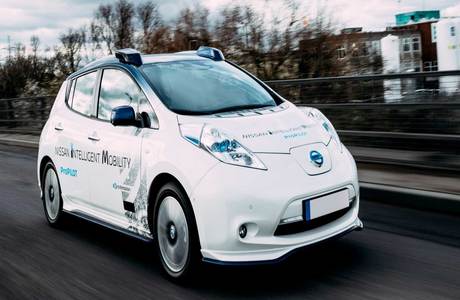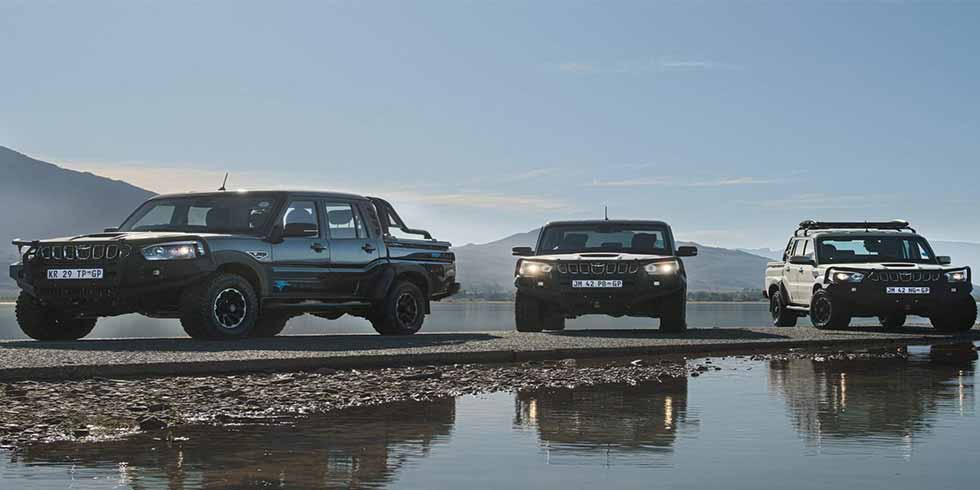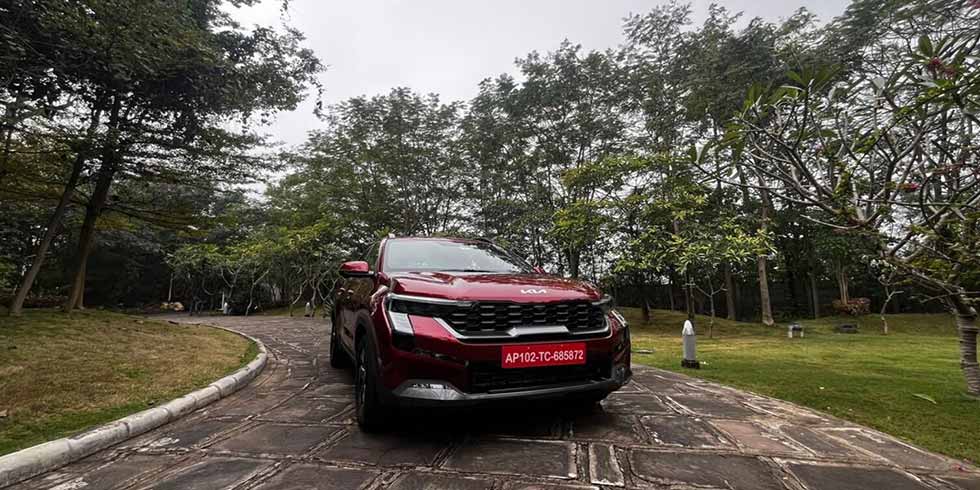Japanese carmaker Nissan Motors has filed a series of patents related to autonomous car technology in India between February and May.
The applications filed by Nissan are for “electronic subsystems” that will help a car sense road conditions and assist the driver with advanced navigation advice and help the car manoeuver obstructions, including sensing vehicles ahead.
Taken together, these patent applications seem to describe the combined functionality of the first stage of Nissan’s ProPilot autonomous driving system that is capable of autonomous driving on single-lane highways.
Nissan arrived in India in 2010 with the launch of its small car Micra, followed by the sedan Sunny in 2011, and mid-sized SUV Terrano in 2013. It is the sixth largest automaker in the world and also sells cars under the Datsun and Infiniti brand globally. In India, the company competes with auto brands such as Honda, Toyota, Volkswagen, among others.
One of the patents for a ‘position self-calculation device’ gives a more definitive description: “Position self-calculation device capable of accurately detecting patterned light that has been projected onto a road surface and capable of accurately calculating the position of the vehicle in which the position self calculation device is mounted.”
Another patent application’s device description read, “A driving assistance device for assisting driving when a host vehicle is changing lanes.”
“We will be undertaking testing of the Nissan Leaf this year in India. This is only pilot testing and not a programme for mass-market entry of Leaf. We will look at how to adapt EVs to Indian needs” — Nissan spokesperson
A third patent that was filed for a special device to avoid collisions described it as, “Travel control device comprising: a target information acquisition means for acquiring target information which includes the location of an avoidance target that exists near a vehicle.”
For now, Nissan said it is sticking to its earlier announced plans of a pilot test of its autonomous electric car, Nissan Leaf. “We will be undertaking testing of the Nissan Leaf this year in India. This is only pilot testing and not a programme for mass-market entry of Leaf. We will look at how to adapt EVs to Indian needs,” a Nissan spokesperson told FactorDaily on email.
“The timing of the introduction of advanced technologies in our products will depend on specific situation in the market, driving patterns, readiness of road infrastructure, customers and governments’ acceptability,” the spokesperson added.
Companies file separate patents in different countries because patent rights are territorial in nature. Patent rights in most countries are on a first-to-file basis and not on first-to-invent.
Companies file separate patents in different countries because patent rights are territorial in nature. Patent rights in most countries are on a first-to-file basis and not on first-to-invent
“Companies usually file patents when they feel there is a novelty in their product and want to protect it in a particular territory. They may not launch the product on their own, but being the IP (intellectual property) owner can also license it here,” says Sai Krishna, managing partner of Sai Krishna and Associates, an IP servicing firm.
Also, there are several multilateral and bilateral arrangements for patents between various countries have. So a patent owner can file in a second country and get the same date of filing as the original country, he explained.
Other Indian auto manufacturers and companies have also been testing autonomous vehicle technologies in the country. Design and technology service company Tata Elxsi is testing its autonomous vehicle technology at a test range on the outskirts of Bangalore.
Bangalore-based Tonbo Imaging is developing vision system for autonomous vehicles and is piloting the systems. Bhopal-based startup Swaayatt Robots is building autonomous vehicle technology tailormade for Indian roads.
Nissan’s global autonomous EV trials
In March this year, Nissan started trials of its autonomous vehicle technology in London using a specially modified Nissan Leaf electric car and was set to expand the trial to other countries including France and Netherlands.
In April, Guillaume Sicard, Nissan India’s president of operations had said that the company would start a pilot project this year with Nissan Leaf in order to assess the viability of electric vehicles (EVs) in India.
The automotive manufacturer had earlier announced that its ProPILOT autonomous drive technology would be featured in the new Nissan Leaf, which will be available worldwide by the end of 2017.
According to the company, the ProPILOT autonomous technology is being developed in four stages of autonomy, with the first stage enabling autonomous driving for single lanes on the highway. This stage will help keep the car centred by reading lane markers, measuring the distance between the car and the vehicle in front, and providing steering assistance.
Stage two is autonomous driving on multi-lane highways, which will enable the vehicle to merge and change lanes autonomously and it is expected to be available in 2018. Stage three, which will enable autonomous city driving, is expected to be available in 2020, while the fourth stage would be a fully autonomous vehicle.










Add Comment